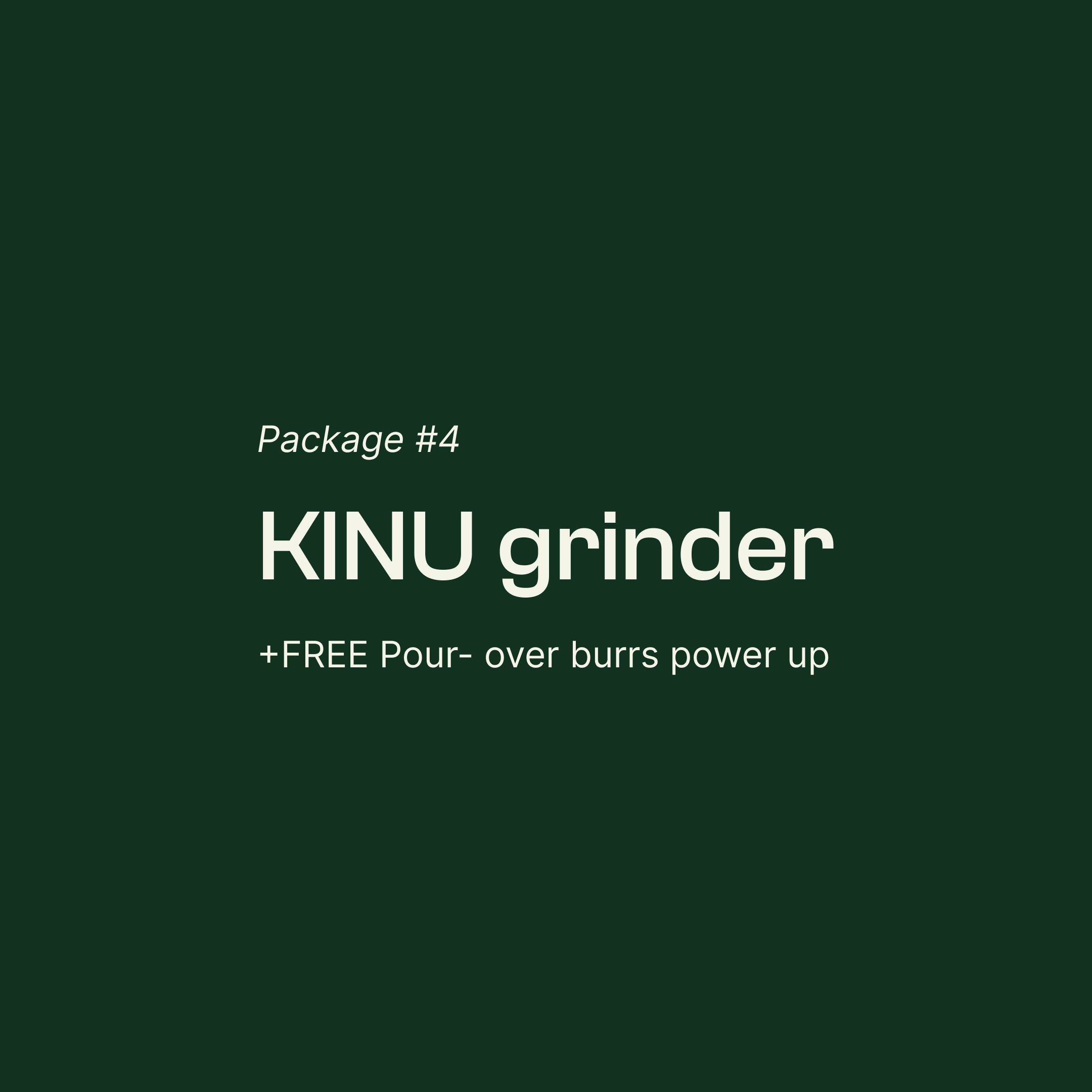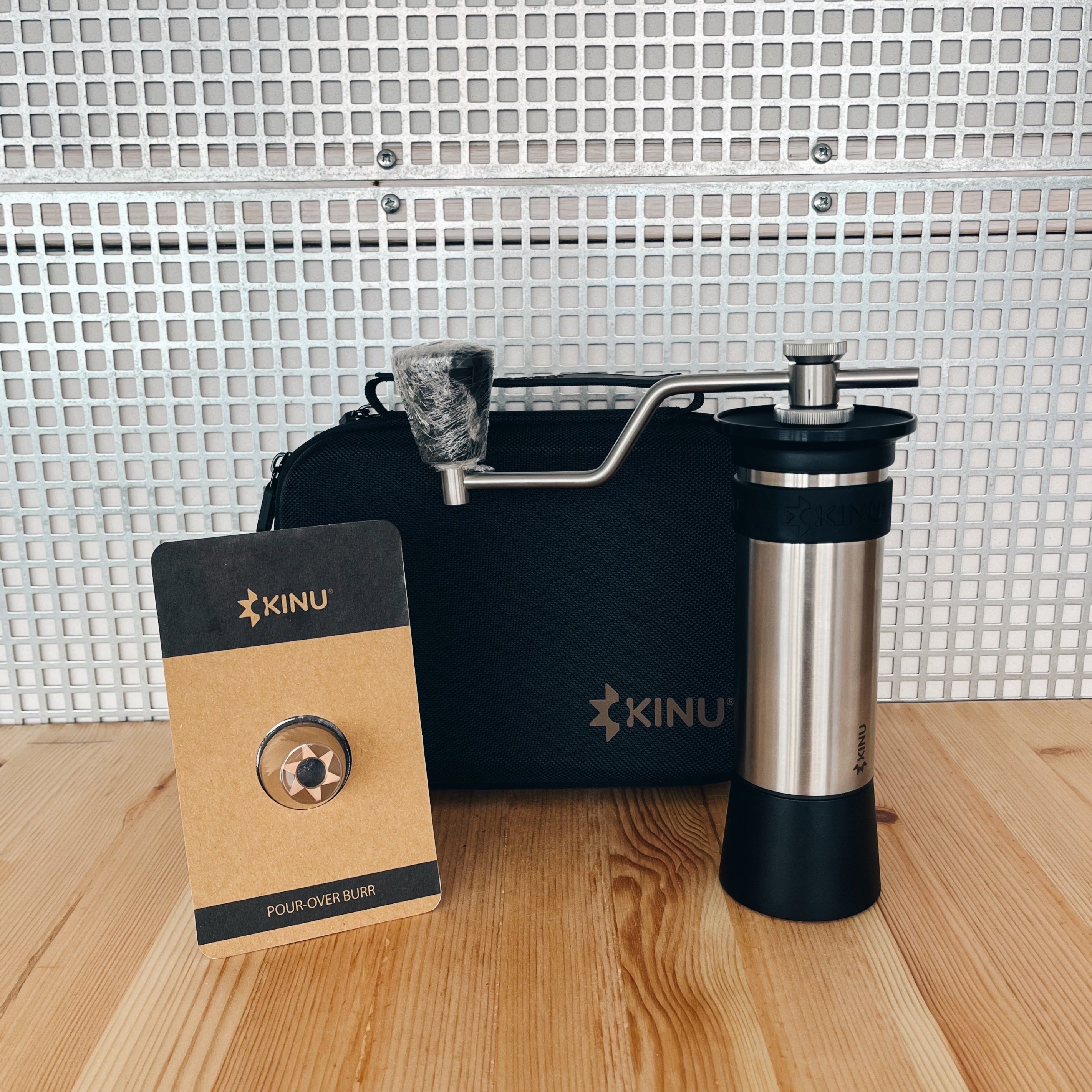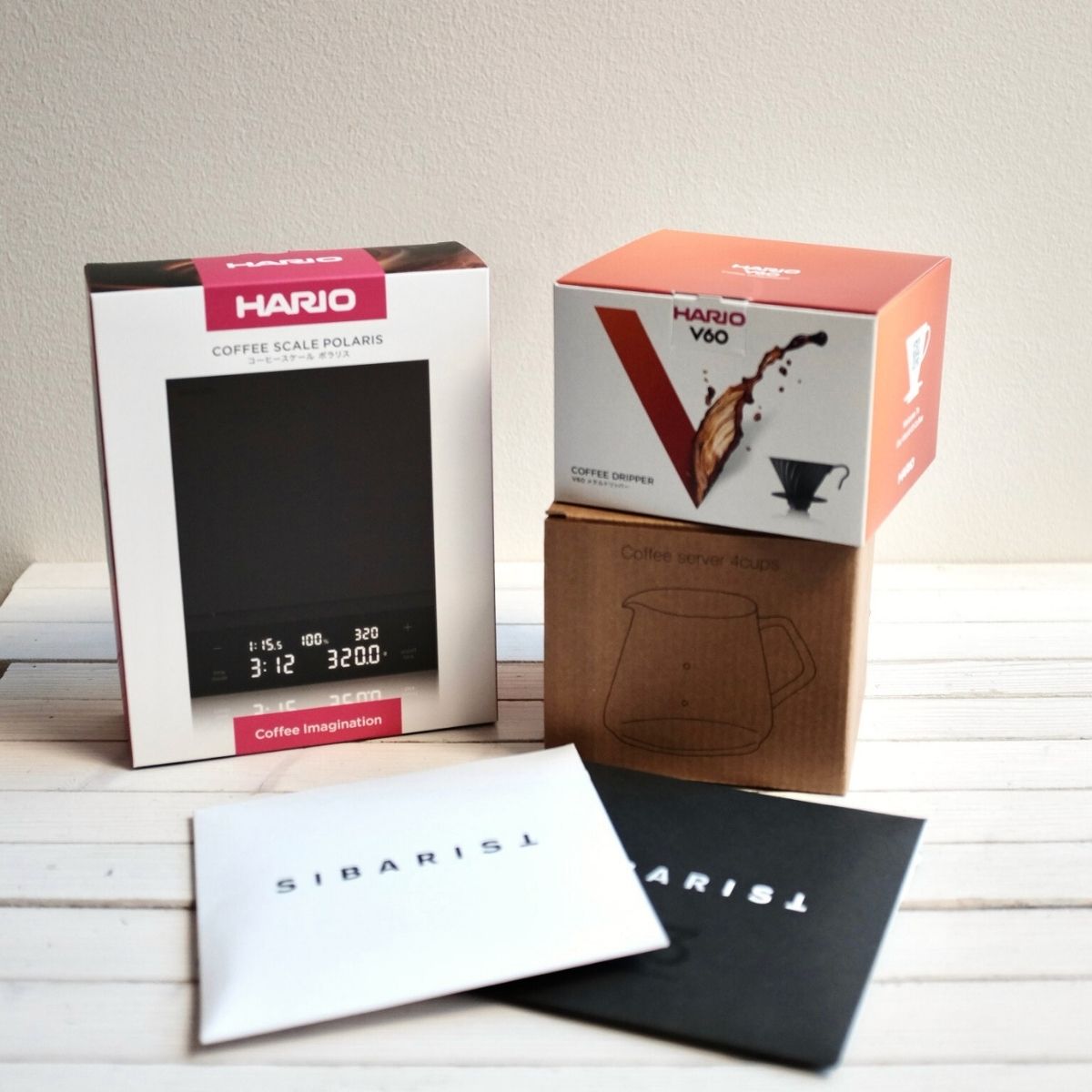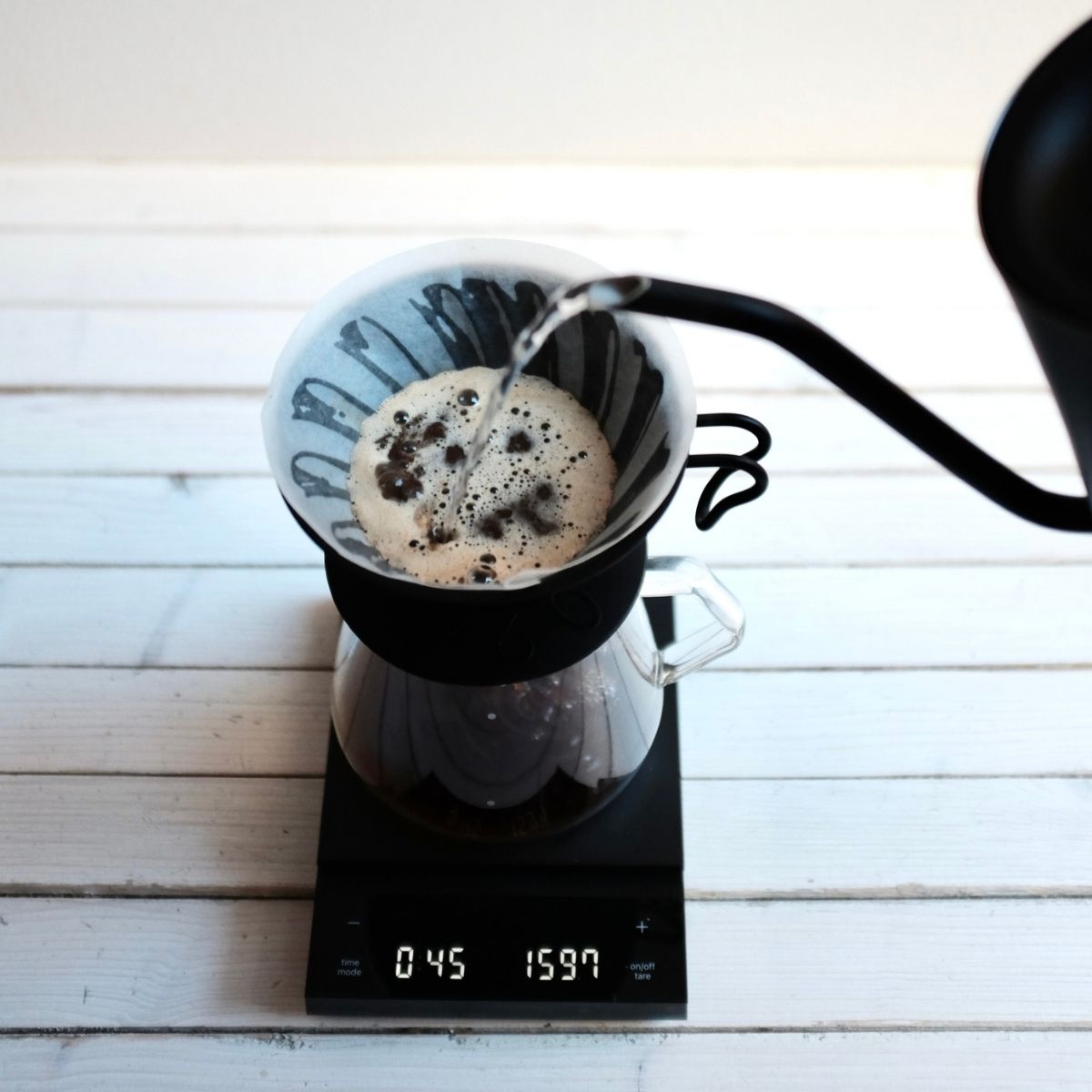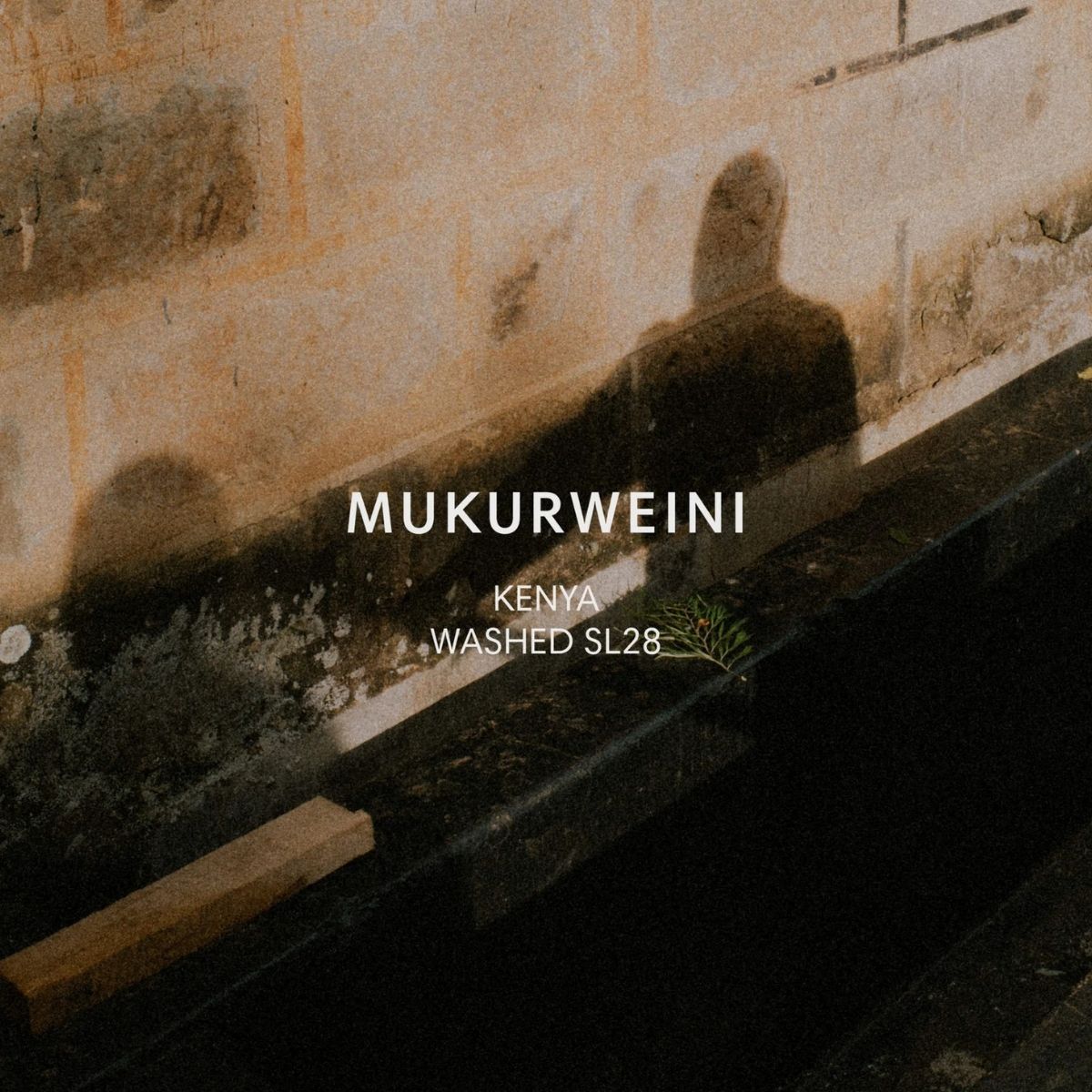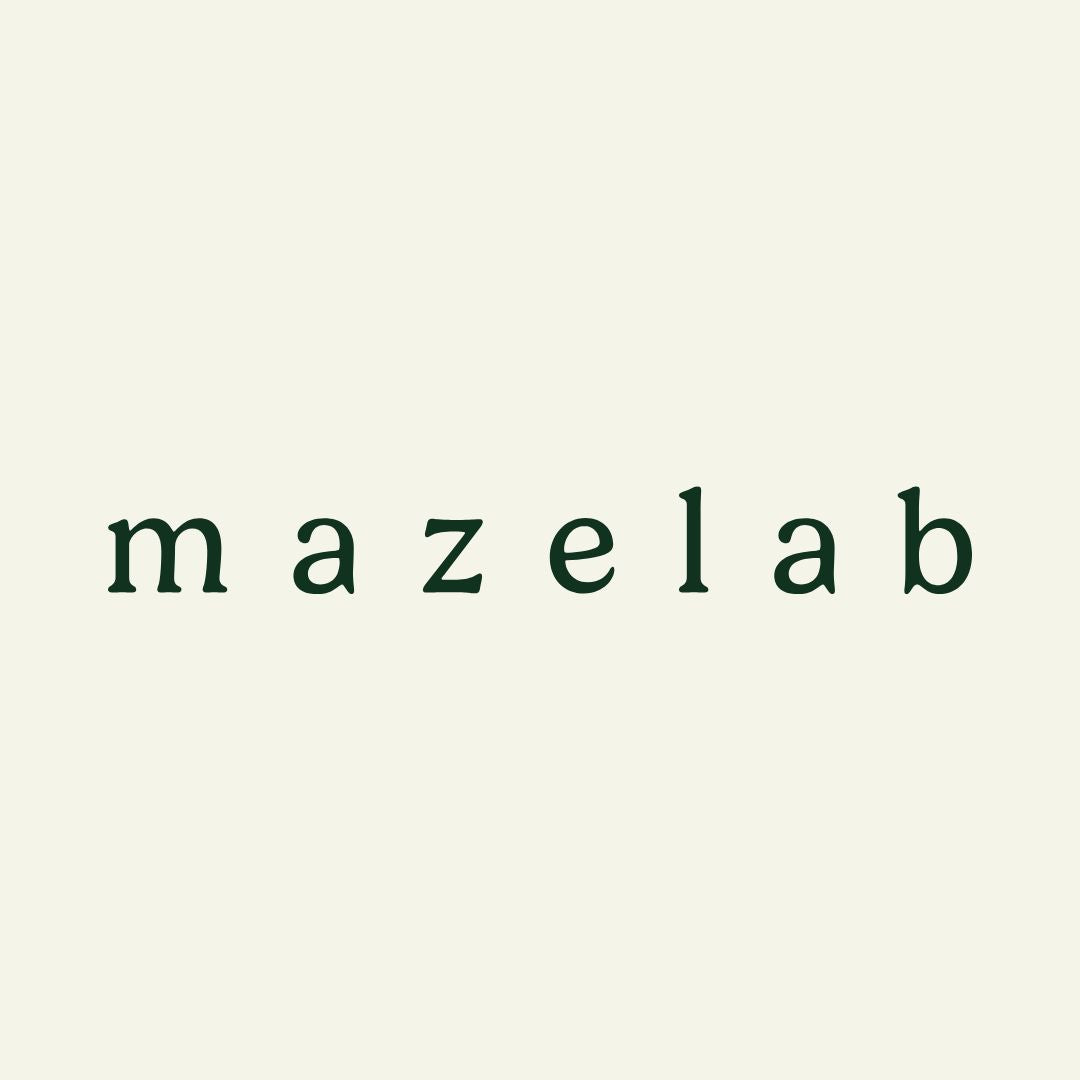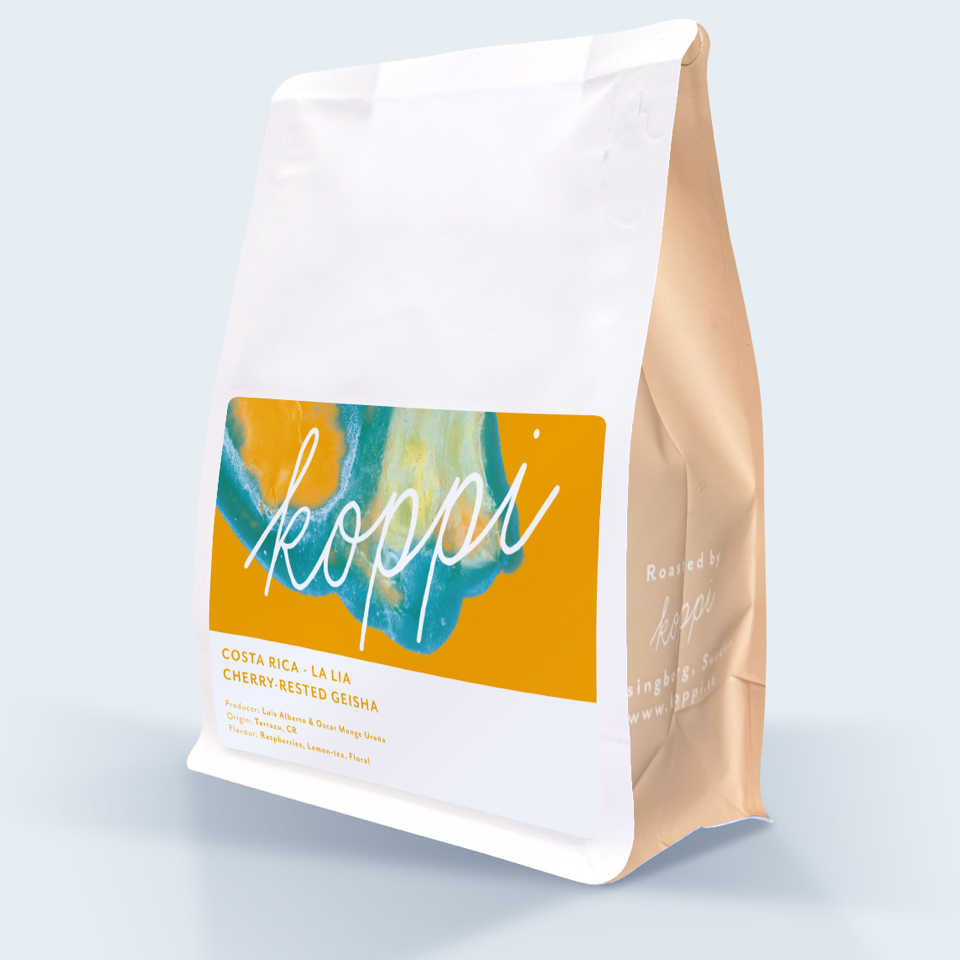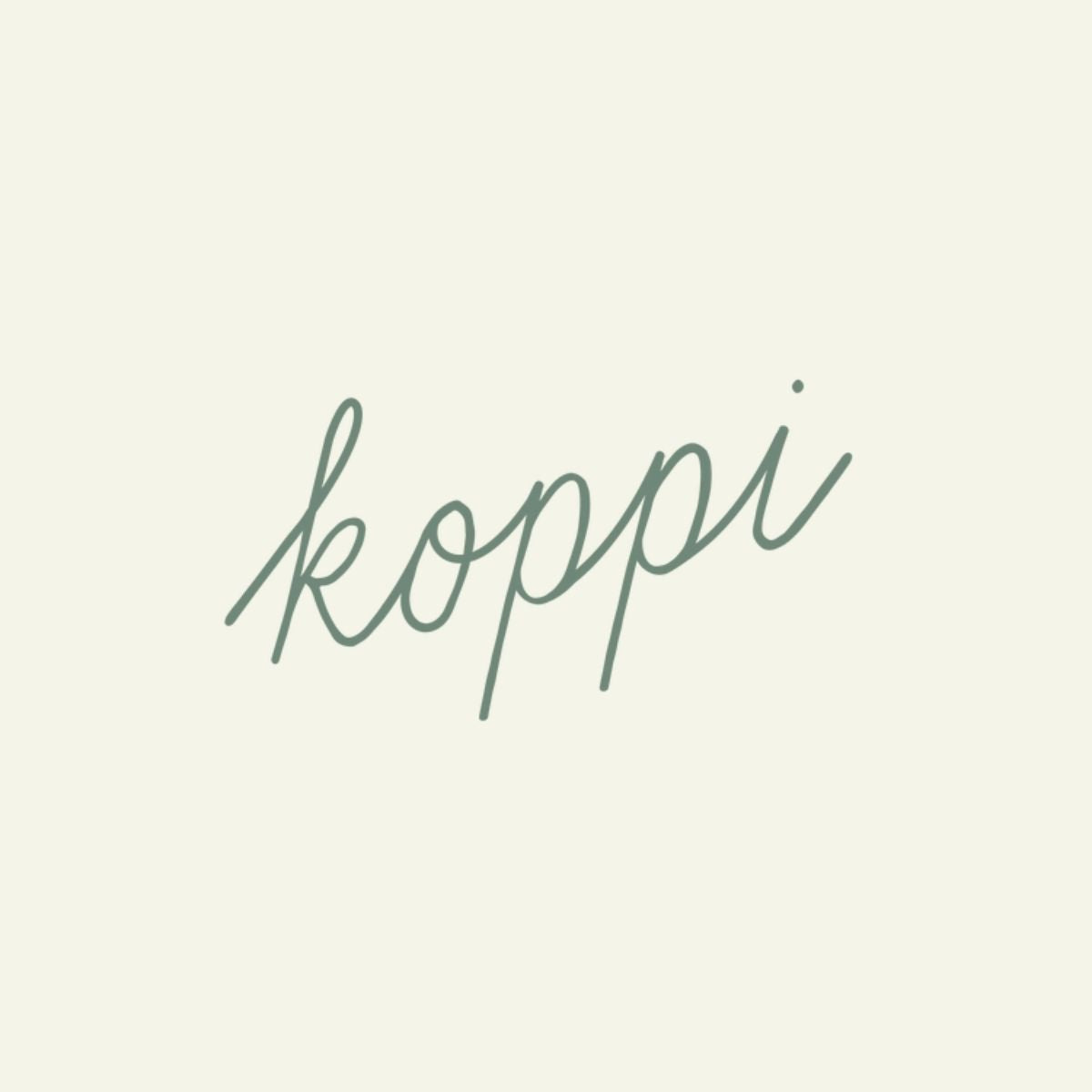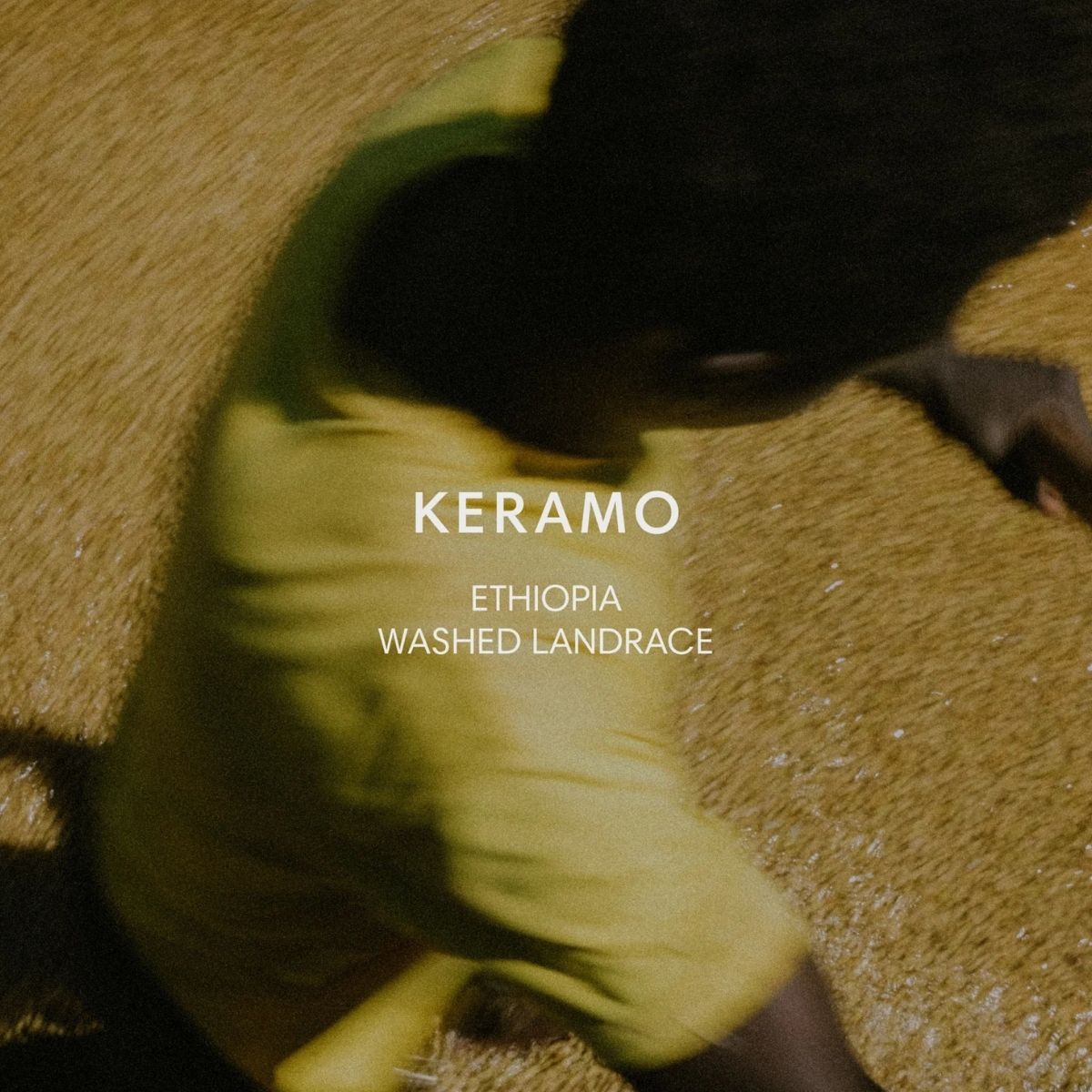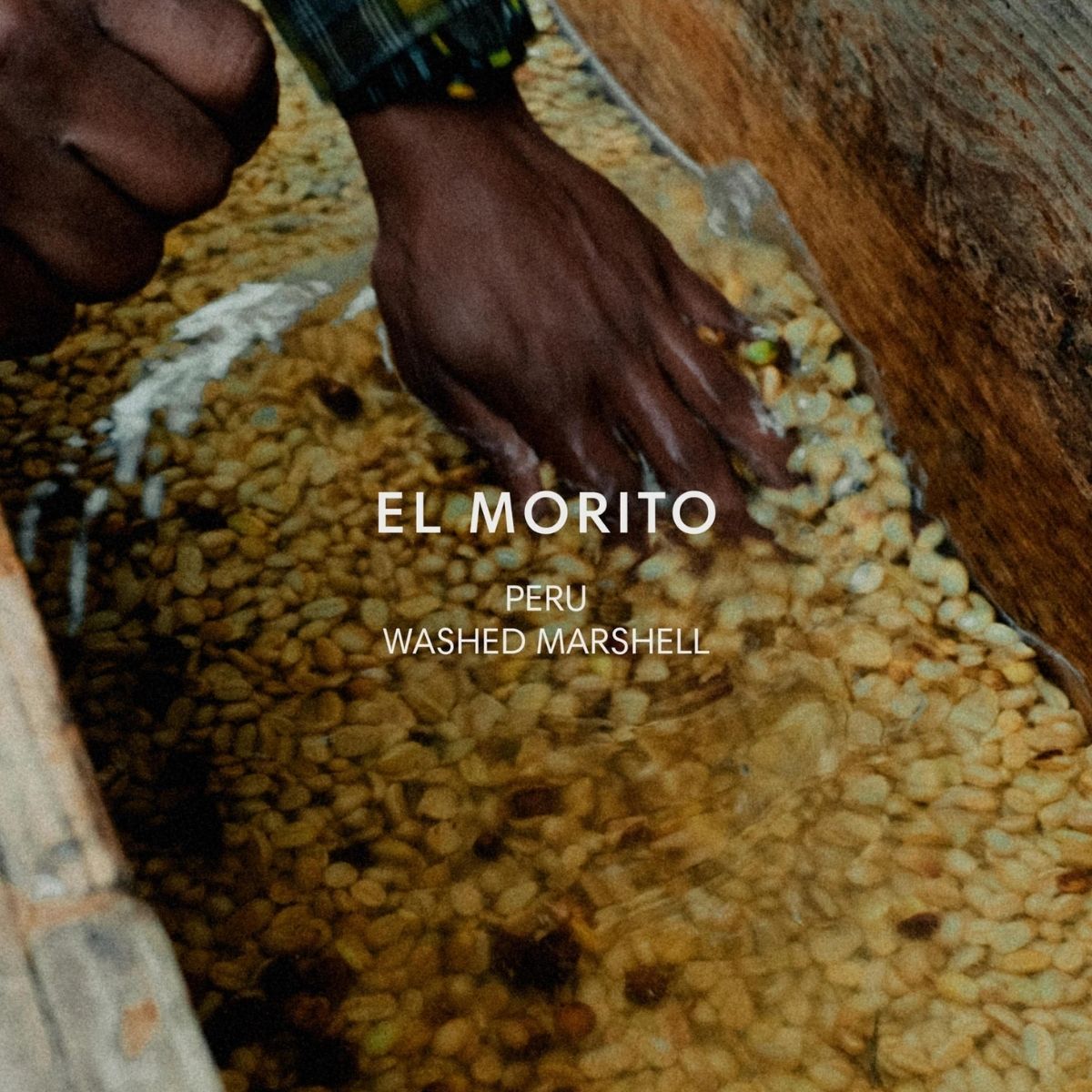
☕️ Getting Introduced to Specialty Coffee
Getting introduced to the world of specialty coffee can feel exciting and a little overwhelming at the same time!
On one hand, that simple everyday drink you’ve had all your life suddenly opens up into something full of flavor, stories, and possibilities. On the other hand, it can feel like you’ve stepped into an endless rabbit hole of information.
This post is for you if you’ve recently discovered specialty coffee and want to understand what makes it so special — without getting lost in the details.
What Does “Specialty Coffee” Mean?
Specialty coffee isn’t a brand or a marketing term — it’s a standard of quality.
It starts with coffee that scores above 80 points on the SCA scale, meaning it’s free from defects and full of distinctive flavors that reflect its origin, variety, and processing.
Unlike commercial coffee, which is often blended and roasted dark to hide imperfections, specialty coffee celebrates transparency and craftsmanship at every stage — from how the cherries are picked, to who grew them, to how they’re roasted and brewed.
That’s why you’ll often see the name of the producer on a bag, and why single-origin coffees (from one farm or region) are so common in the specialty world. Instead of blending multiple coffees together, single-origin beans allow you to taste the unique fingerprint of that specific place.
The result is a cup with its own personality — peachy, floral, chocolaty, or bright and citrusy — depending on where and how it was grown.
Want to dive deeper into how specialty coffee is graded and scored?
Check out our full guide here.
Roasted Differently
So, why does specialty coffee taste so different from the typical supermarket coffee?
Apart from being carefully sourced and processed, specialty coffee is almost always roasted lighter.
This creates a bean that’s lighter in color and more matte, rather than dark and shiny. Light roasting highlights the natural sweetness, acidity, and clarity of each coffee — giving you more nuanced flavors and less bitterness.
If you’re new to light roasts, they might taste a bit “tea-like” at first — more delicate, clean, and transparent than the bold, roasty coffees you might be used to. Give it some time. Once your palate adjusts, you’ll start picking up on incredible details most people never knew coffee could have.
It’s rare to find dark-roasted specialty coffees, because dark roasting can mask the coffee’s origin flavors and replace them with generic smoky notes — essentially erasing all the work that went into producing it.
Why We Use Scales
If you’ve ever walked into a specialty café (or one of our shops), you’ve probably noticed that we use scales when brewing — weighing both the coffee (dose) and the water (brew volume).
That’s because precision matters. Specialty coffee beans are consistent — same variety, same farm, same harvest — which means small adjustments can make a big difference in taste.
Using a scale ensures the coffee-to-water ratio stays the same each time you brew.
If something tastes off, you can adjust just one variable — usually the grind size — while keeping the rest consistent. This makes it easier to troubleshoot and find that perfect recipe for your coffee.
Understanding Extraction
The beauty of specialty coffee is also its challenge: it’s sensitive.
When you brew with a single-origin, light-roasted coffee, even small changes in grind size or brew time become noticeable. Commercial coffee blends — roasted darker and mixed from many origins — are much more forgiving, which is why they tend to taste “fine” even when brewed roughly.
In specialty coffee, there’s a narrow sweet spot where the cup tastes balanced, sweet, and smooth.
- If your grind is too coarse, the coffee will taste sour, sharp, or hollow — that’s under-extraction.
- If it’s too fine, it can taste bitter, dry, or harsh — that’s over-extraction.
When you get it right, everything clicks into place — sweetness, texture, and clarity all harmonize.
Final Thoughts
Getting into specialty coffee is an exciting, and never-ending journey of discovery.
Every bag you brew teaches you something new about flavor, your brewing techniques, and coffee in general.
Once you start paying attention, you’ll never see coffee the same way again.
Next Steps
If you’re ready to start exploring:

